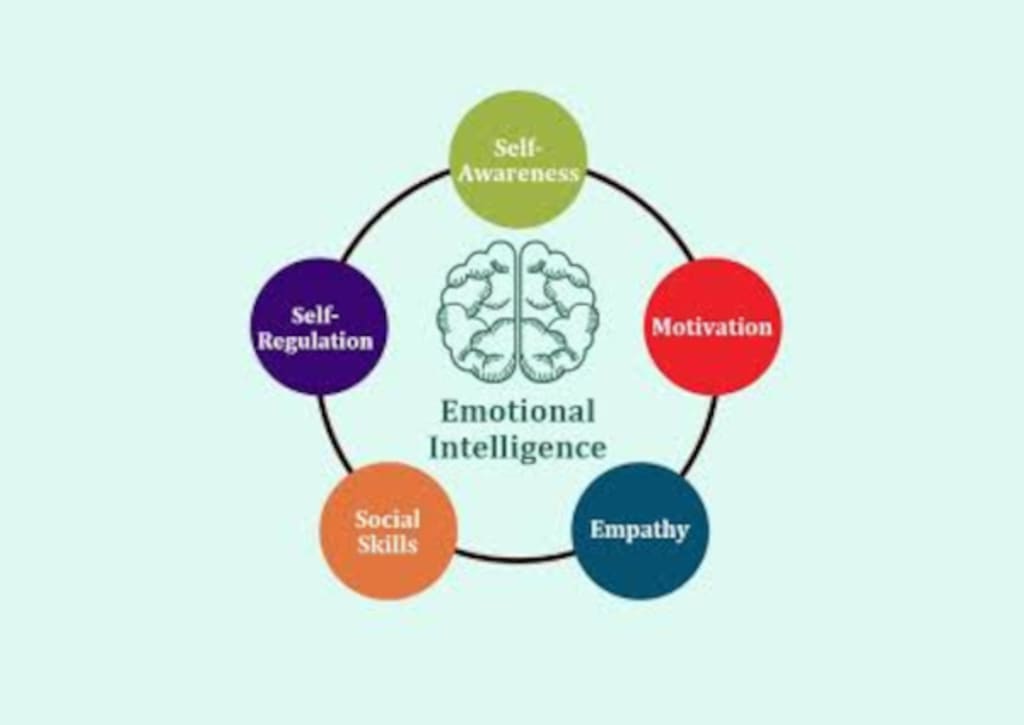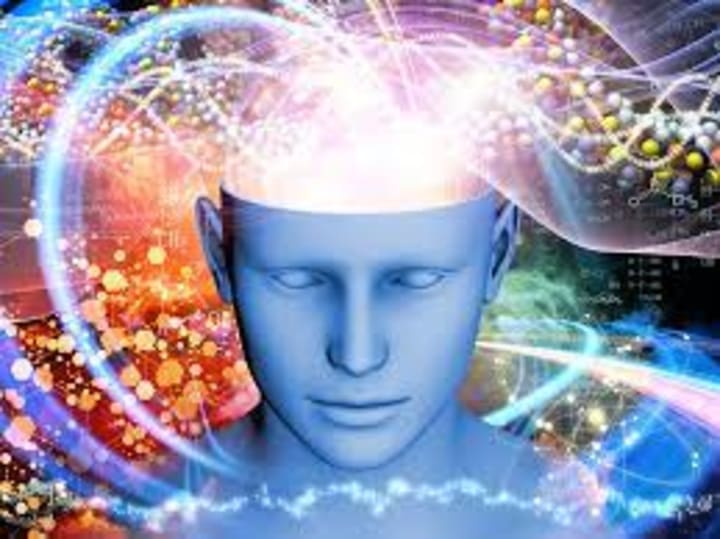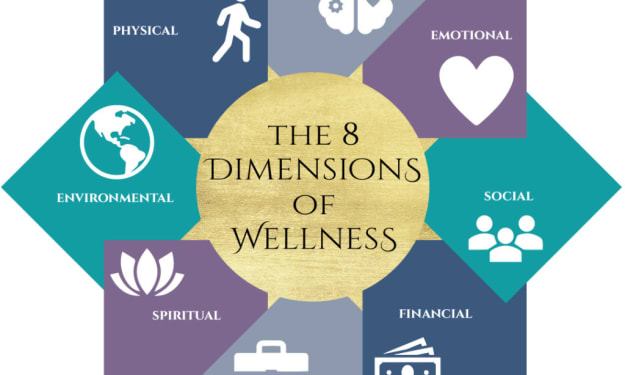Understanding the Basics of Emotional Intelligence
Developing Your Emotional Intelligence

Emotional intelligence, or the ability to effectively manage and understand your emotions, is an invaluable quality in many aspects of life. Developing emotional intelligence will lead to more successful workplace relationships, greater self-awareness, and a more balanced life.
One of the core components of emotional intelligence is self-knowledge, which is understanding one's own emotions and their triggers. Developing self-knowledge involves not only paying attention to one's emotions in the moment, but taking the time to gain an understanding of how the past has shaped present responses. Honing the ability to recognize, understand, and take inventory of one's emotional responses can help improve relationships and eliminate unnecessary stress and anxieties.

Another key element of emotional intelligence is being able to identify emotions in others. By assessing the verbal, nonverbal, and facial cues of others, it is possible to gain insight into what they may be feeling and why. Developing these skills will not only make it easier to communicate with others, but it can also create an atmosphere of understanding and trust.
Finally, the ability to regulate one's emotions is key in managing stress and achieving a balance between life and work. Being able to recognize and understand how one's emotions affect behavior is a critical aspect of emotional intelligence. This includes not only managing one's own emotions, but also being able to respond to emotions of others in a helpful and constructive manner.
Developing one's emotional intelligence requires dedication and practice. By developing a greater understanding of one's own self, understanding how to read and trust emotions of others, and being able to regulate one's own emotions, it is possible to gain greater insight into what is important and have a more productive life. Developing emotional intelligence can lead to personal, professional, and social success!
What is meditation ?
Meditation is a practice of self-awareness and mindfulness that has seen a surge in popularity in recent years. In its simplest terms, meditation is a process of focusing the mind to clear and relax it. Although it can take many forms, the practice generally involves achieving a state of relaxation and inner stillness.
Meditation has been studied extensively and is said to help improve emotional, mental, physical, and spiritual health. Research has also found that regular meditation can lead to improved concentration, creativity, and stress management, while providing a greater sense of emotional balance and wellbeing.
To begin a meditation practice, you can Experiment with different styles to find one that works best for you. Some common forms of meditation include mantra, Zen, walking, and mindfulness. In mantra meditation, the practitioner repeats a phrase or sound to focus the mind and drown out background noise and intrusive thoughts. In Zen meditation, the practitioner sits in the lotus position and breathes deeply and slowly, striving for complete mental stillness. With walking meditation, the practitioner focuses on each step as it is taken, using it as an opportunity to savor the present moment and gain an awareness of the body-mind connection. Mindfulness meditation encourages the practitioner to simply observe thoughts, feelings, and sensations without attaching any judgment or preconceived notions.
In order to meditate effectively, it is important to maintain a regular practice and stick with it. Finding a comfortable environment and setting aside a certain amount of time each day are key to helping the practitioner focus and free their mind. Some people find it helpful to light candles or burn essential oils, while others prefer to sit in a quiet room. If a practitioner struggles to maintain focus during meditation, they may choose to incorporate movement or guided imagery.
The benefits of meditation are wide-ranging and depend on the specific style and commitment level of the practitioner. Meditation can help reduce stress and anxiety while also calming the mind. It can also increase an individual's resilience and ability to handle difficult situations. Meditation can even aid in improving physical health and overall life satisfaction.
Overall, meditation is an ancient practice with the potential for life-changing results. With an open mind and the willingness to commit to the process, it is possible to find a style of meditation that works for anyone. Whether the goal is to alleviate stress or reach spiritual enlightenment, a meditation practice can be a powerful tool for achieving mental clarity and inner peace.
About the Creator
MDABDUL HANNAN
Online Business | Search Engine Optimization | Amazon Affiliate Marketing






Comments
There are no comments for this story
Be the first to respond and start the conversation.